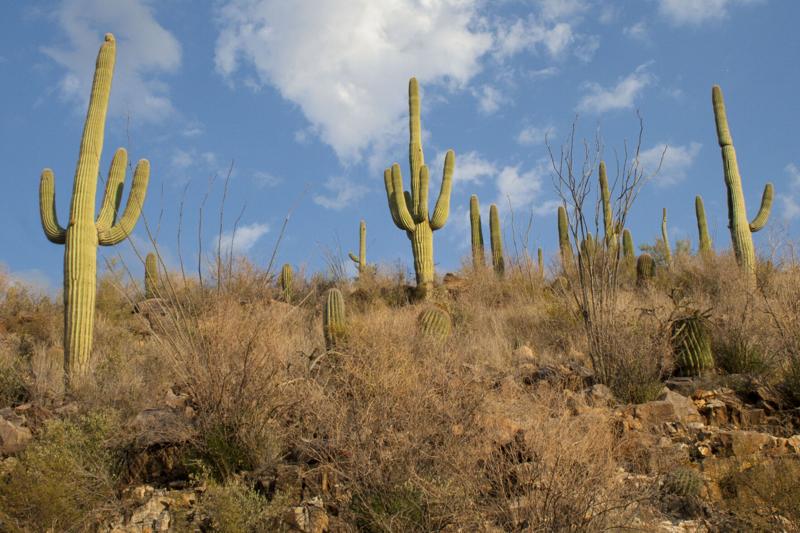A person who was turned away from the National Park Services’ site at Hyde Park, New York, after trying to pay with cash wasn’t harmed by the park service’s cashless policy, federal attorneys claim.
In February, the judge in the case said the plaintiffs lacked standing to sue. In March, one of the plaintiffs, represented by attorney Ray Flores, filed an amended complaint.
The plaintiff, a New York resident, attempted to visit late President Franklin D. Roosevelt’s home in New York, a National Historic Site operated by the National Park Serice. The resident offered up $10, but was told the site wouldn’t accept cash. Flores said 29 of the National Park Service’s more than 400 sites have stopped accepting cash.
“Electronic payments through an intermediary must not be permitted to supplant the power of the U.S. Dollar – particularly when tendered to the very government itself,” Flores wrote in the amended complaint. “Defendants would rather genuflect to an expensive banking system that charges both parties a premium for electronic payment processing, than obey the law and accept the U.S. Dollar at par value.”
The complaint also alleges higher costs from the policy for visitors and NPS.
“There is an increased cost to the NPS in going cashless, such as additional processing fees that will be borne by NPS and by visitors who ultimately fund the Federal Government through taxes, in addition to personal surcharges and bank fees visitors may incur under NPS Cashless policy,” according to the complaint. “Plaintiff asks the Court to restore her right to enter Hyde Park and various other NPS locations with cash in hand by declaring NPS Cashless to be unlawful.”
The Department of the Interior, which oversees NPS, is fighting those claims.
“Plaintiff fails to allege that she personally lacks access to non-cash payment methods and thus has not plausibly alleged that she has been harmed by the challenged policy or that she faces imminent future harm from it, as is necessary to establish her standing to sue,” government attorneys wrote in a motion to dismiss. “Second, Plaintiff has failed to state a claim on which relief can be granted because the statute on which she relies to characterize the alleged cashless program as unlawful does not require the Park Service to accept cash for the services it provides.”
A federal judge dismissed a similar complaint in February, ruling that the plaintiffs lacked standing to sue. Judge Timothy Kelly dismissed the complaint, but left an opening for plaintiffs to re-file an amended complaint. The judge noted in the order that “a past injury cannot sustain a claim for forward-looking relief of the kind sought here.”
NPS said it stopped accepting cash at some parks to better steward that money.
“Reducing cash collections allows the National Park Service to be better stewards of the fees collected from visitors,” according to its website. “Cashless options reduce transaction times at busy entrance stations and decrease the risk of theft. Moving to a cashless system improves accountability and consistency, reduces chances of errors, and maximizes the funding available for critical projects and visitor services.”
The NPS website also notes alternatives.
“Each park that has completed the transition to cashless fee collection has an alternative option for visitors who are not able to pay with a credit or debit card. The specific arrangements vary by park, and park staff onsite will be able to assist,” according to NPS. “Most parks that have converted to cashless fee collection have had an overwhelmingly positive experience.”
In a 2023 news release, NPS explained why Death Valley National Park was going cashless. It said that Death Valley collected $22,000 in cash in 2022. Processing that cash cost the park $40,000, according to the release.
“Cash handling costs include an armored car contract to transport cash and park rangers’ time counting money and processing paperwork,” according to the release. “The transition to cashless payments will allow the NPS to redirect the $40,000 previously spent processing cash to directly benefit park visitors.”
According to NPS, of the more than 400 national parks in the National Park System, 108 charge an entrance fee.






